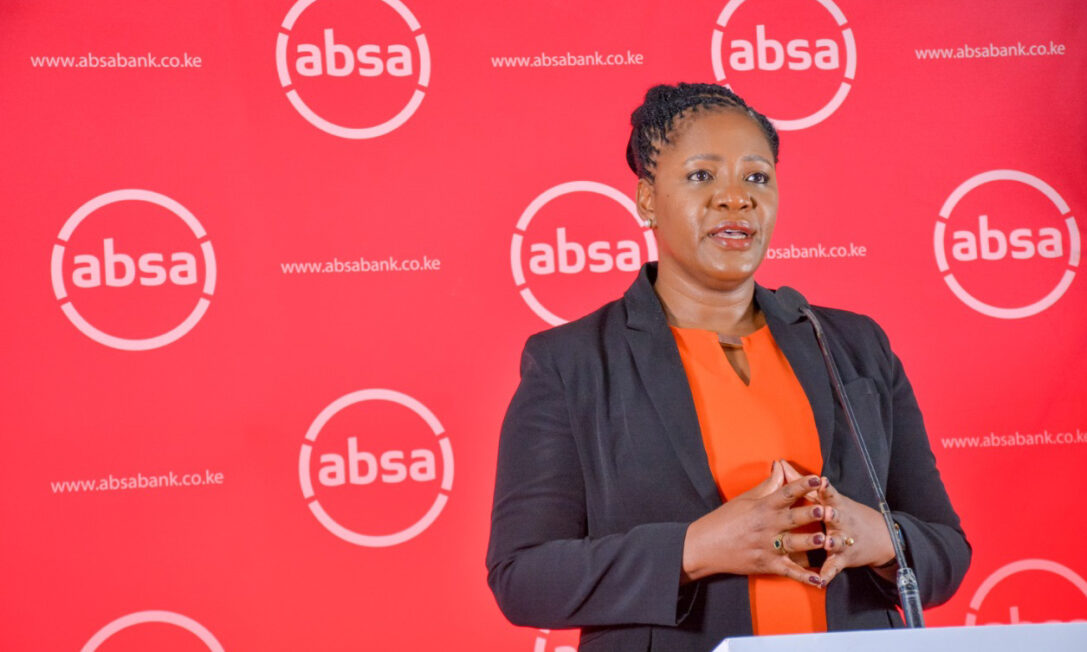Over the past decade, Kenya’s economy has undergone significant political and economic reforms, resulting in sustained economic growth, social development, and political stability gains.
However, the country still faces key development challenges such as poverty, inequality, youth unemployment, transparency and accountability, climate change, continued weak private sector investment, and the vulnerability of the economy to internal and external shocks.
Challenges and Opportunities in the Kenyan Economy
In 2021, for instance, the economy staged a strong recovery, with the economy growing at 7.5%, although some sectors, such as tourism, remained under pressure. The growth, however, declined considerably in 2022, registering a GDP of 4.8%. Since then, poverty rates in Kenya have resumed their declining trend after rising during the COVID-19 pandemic.
The Finance Act 2023, while aimed at a good cause by the government, has only served to put inflationary pressure on the economy. Not only has it decelerated private consumption and increased the cost of living, but it has also led to more job losses and left the economy vulnerable to internal and external shocks.
The extreme tax measures, which led to an increase in the benchmark interest rate by the Central Bank of Kenya, have led to a rise in the cost of credit. This has significantly burdened private sector investment, exacerbating existing challenges, particularly limited access to finance for small and medium enterprises (SMEs) and gender disparities in financial services. These issues continue to hinder the nation’s economic potential.
Amidst these challenges, the private sector remains a crucial player in enhancing Kenya’s economic growth. It remains one of the largest employers in the country and contributes immensely to Kenya’s economic growth. The sector accounts for approximately 70% of the country’s GDP and employs over 80% of the workforce.
For this reason, the hurdles faced by the Kenyan economy necessitate strategic interventions from key players in the financial sector.

Absa Bank: A Purpose-Driven Force for Good
Absa Bank, with its customer-centric approach and commitment to societal development, has positioned itself as a driving force behind Kenya’s economic resurgence.
The bank’s impact on the Kenyan economy extends beyond conventional banking services as evidenced by its purpose-led initiatives that emphasize social impact through core business functions. With a focus on empowering and promoting economic inclusion, the bank strives to increase access to financial services for small-scale industries and reform approaches to ensure equal financial rights for women, and it has taken significant strides in this regard.
Driving Sustainable Growth in Uncertain Times
Absa’s inclusive financing agenda has seen proactive efforts to secure funding partners to support initiatives that go beyond traditional banking requirements.
In 2021, Absa Bank Kenya launched a KES 50 million program aimed at increasing the growth and competitiveness of 1,500 women-owned Micro, Small and Medium Businesses impacted by the Covid-19 economic situation through blended finance and business development services capacity building.
The initiative, dubbed SHE Stars, has been instrumental in empowering female entrepreneurs in Kenya. The program is an ongoing collaboration between Absa Bank, the German Federal Ministry for Economic Cooperation and Development (BMZ), and the GIZ Employment and Skills for Development in Africa (E4D) Programme. It is supported by the Yunus Environment Hub (YEH).
With over 2,150 applications received and 1,281 active participants since inception, the academy aims to fast-track the economic recovery of women-owned MSMEs adversely affected by the COVID-19 economic situation.
Apart from the SHE Stars, the bank has been at the forefront of providing economic stimulus and sustainable funding in other equally important sectors that are critical to the country’s development, particularly SMEs.
Through various loan products, technical assistance, and financial advisory services, the bank has enabled these businesses to expand, innovate, and create jobs, thereby contributing to economic growth and poverty reduction.
In agriculture, Absa Bank has provided funding for farmers to purchase seeds, fertilizers, and equipment, thereby increasing agricultural productivity and food security.
Absa’s Response to Global Challenges
Moreover, Absa Bank has also played a significant role in promoting sustainable practices through sustainable finance. It has also implemented strict lending criteria to ensure that its loans do not contribute to environmental degradation. All this has been done through a three-fold approach to inclusive financing.
The approach aims to contribute to enhanced African competitiveness, provide innovative banking propositions to entry-level customers and small and medium businesses, and promote self-sufficient communities by supporting emerging entrepreneurs.
This commitment to responsible and inclusive practices is evident in the Absa online procurement portal, which opens additional opportunities for Africa’s MSMEs.
Meanwhile, in the wake of the challenges posed by the aftermath of the global pandemic and the never-ending geopolitical factors, Absa’s role in driving economic growth becomes even more critical.
The innovative, relevant, and cost-efficient banking propositions offered by Absa are geared towards addressing the unique needs of entry-level banking customers and small and medium-sized businesses.
By promoting self-sufficient communities through the growth of emerging entrepreneurs, Absa contributes to a more resilient and sustainable economic landscape.
Empowering the Future: Absa Bank Kenya’s Investment in Youth and Future Skills





